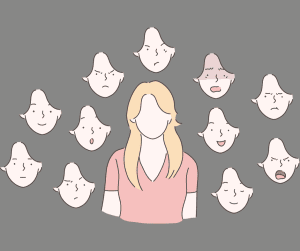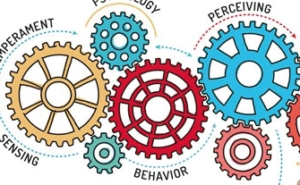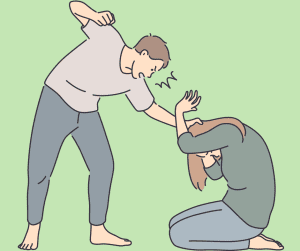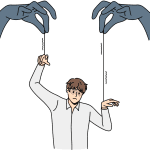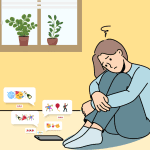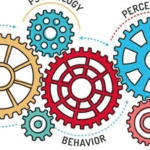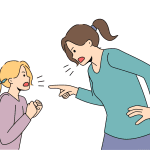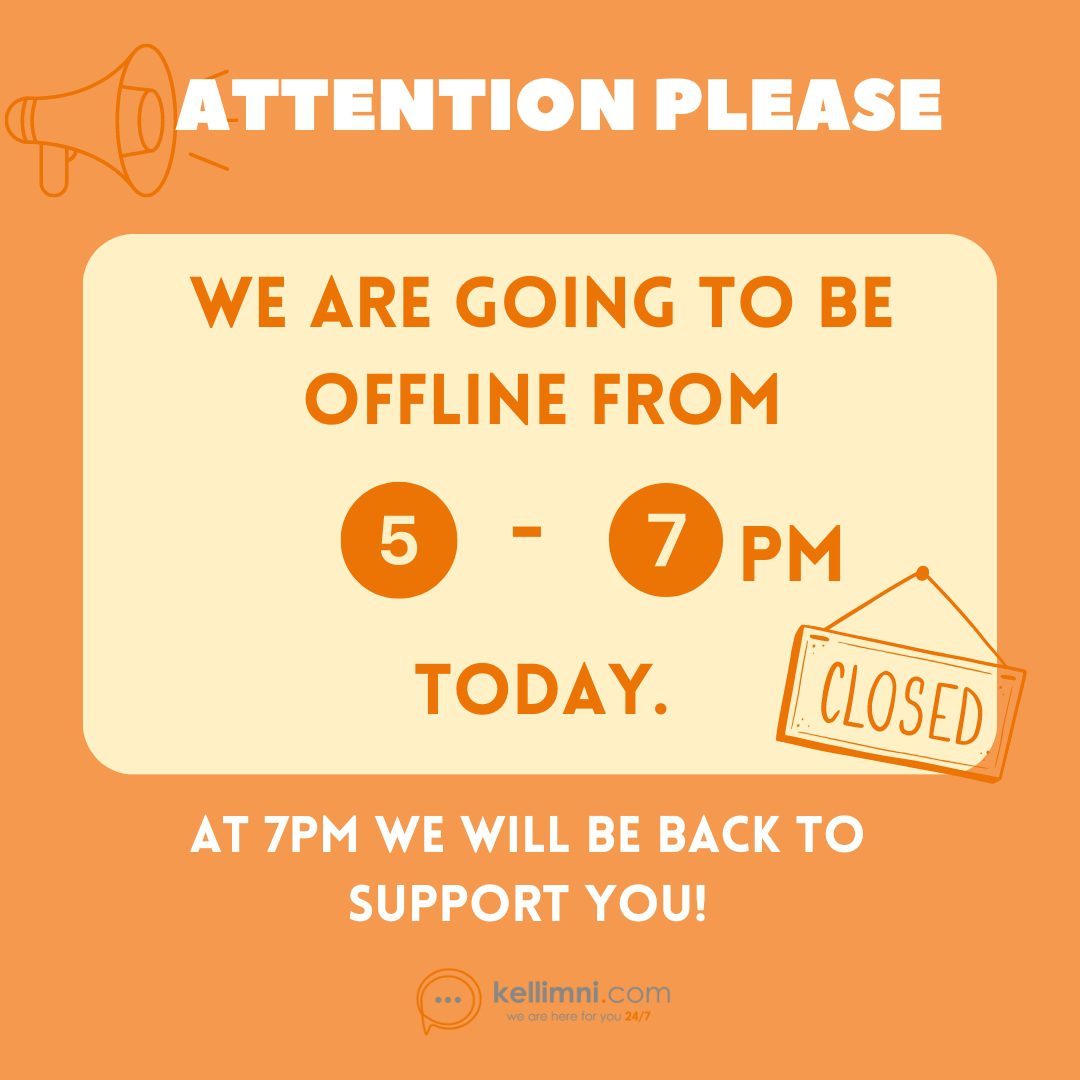What is gender?
It is highly important that we first define the difference between gender and sex. Sex refers to the biological make-up of a person; that is being male or female. On the other hand, gender explains the set of norms and characteristics which are related to being masculine and feminine. These differ from one culture to another.
What are gender roles?
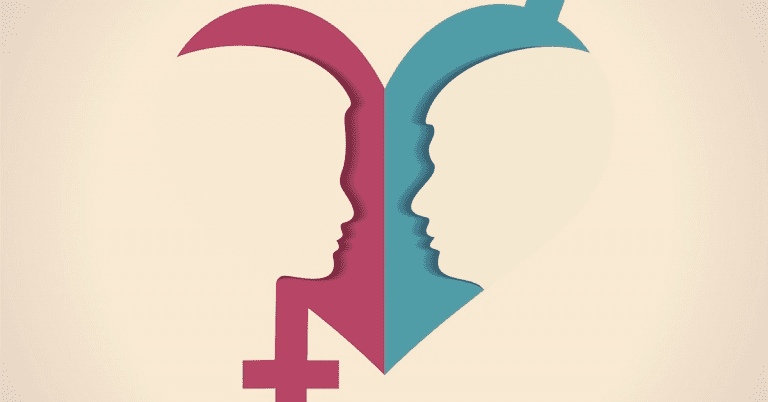
Gender roles are the ways a particular society believes that a person with a certain gender should act. Traditionally, these expectations of how people should behave constructed the responsibilities and tasks which men and women were given. The roles also dictate how males and females should speak, groom, dress and behave appropriately according to their assigned sex at birth.
What are the types of gender roles and stereotypes?
Gender roles very often lead to general judgments of how someone behaves, otherwise known as sexist stereotypes. These are usually overly simplified and frequently inaccurate. There are four kinds of gender stereotypes (with examples) –

Physical appearance – Women are expected to be thin and gentle, while men are expected to be tall and muscular.
Personality traits – An example of this is that men are expected to be confident and aggressive, while women are believed to be emotional.
Domestic behaviours – Women are expected to be home-keepers (taking care of the house and the children) and men are more professional, work and do repairs.
Occupations – Men are thought to be more suited to be doctors and engineers, while women more expected to be nurses and teachers.
It is good to once again note that these above examples may not be accurate, and even though these are ways society expects people to act, this does not mean that everyone acts this way, and that is totally okay!
How can gender stereotypes be combatted?
Gender stereotypes can act as an obstacle to the achievement of gender equality, and can lead to discrimination. Stereotypes can limit what men and women can do in many areas of life, so it is good to be aware of how to challenge these roles in an appropriate way.
Be a voice – Traditional and social media are full of negative gender stereotypes, and we have gotten so used to them that sometimes it’s difficult to notice them. If you notice an example of gender stereotyping, point it out! Start a conversation with those around you about what you noticed and have a discussion about the negative impact that sexism can have on a person. Sexism can also take place in real life, so if safe, it might be considered to speak up if someone makes sexist jokes or comments.
Respect all – Be a living example and respect everyone, regardless of whether they follow traditional gender roles or not. People should be allowed to express themselves in whichever way they feel true to themselves, and we should be ready to accept and respect their gender expression.
Be yourself! – The most important thing is that you remain true to yourself. As long as it is safe to do so, feel free to express yourself and feel like you’re not held down by society’s expectations. If you want to do something which is not usually associated with your gender, go ahead and give it a try. You might even inspire someone else to do the same!
If you would like to speak to Kellimni about your concerns about gender roles, know that we are a team of professionally-trained operators ready to listen to you on an anonymous and confidential basis 24/7.
